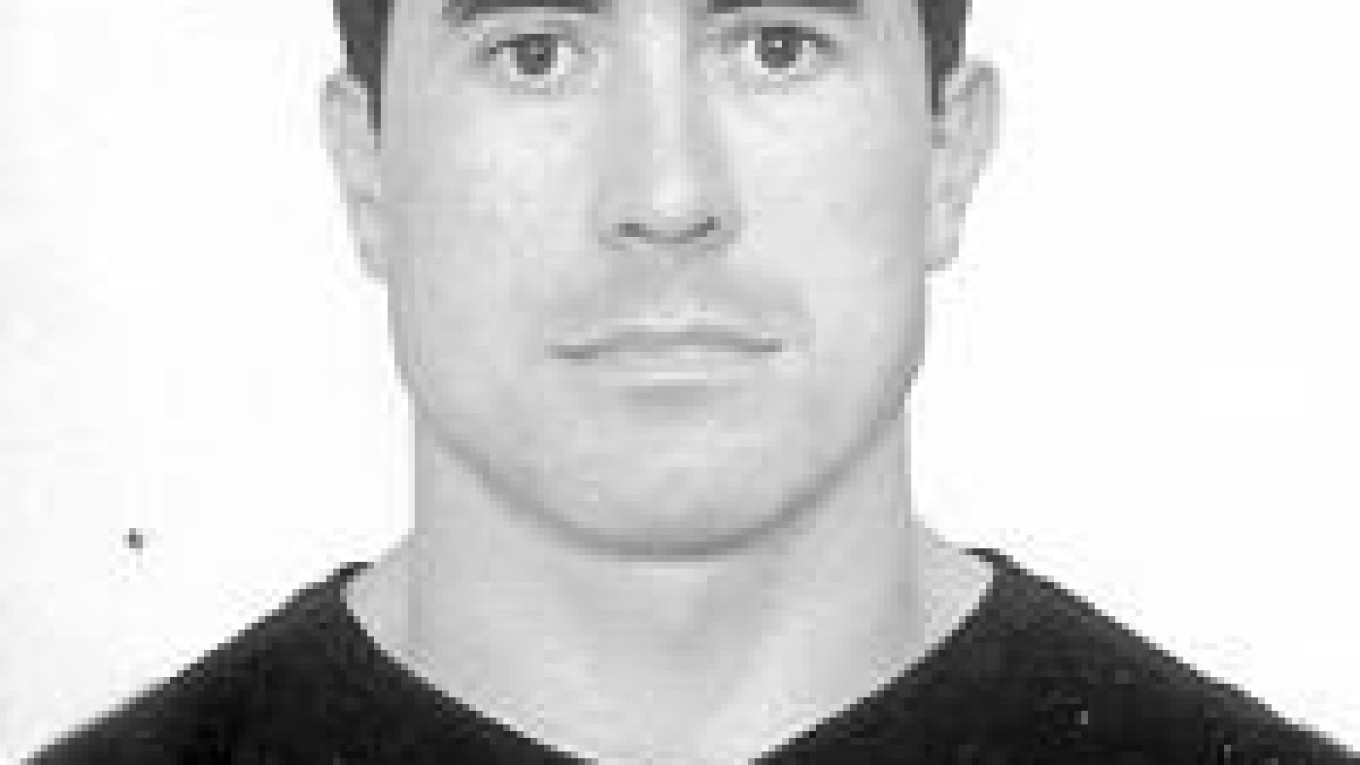Gatsayev took the police job in 1993, during the rule of Dzhokhar Dudayev, whose claim of Chechen independence led to the first war with Russia a year later. Gatsayev has served under every successor since then, including the recently elected Chechen president, Akhmad Kadyrov, who is backed by the Kremlin.
A slim, short man with a graying moustache, Gatsayev once taught history. Now he is part of it, investigating widespread reports of kidnappings in the republic. "Apparently this was my real mission," he said.
He has fond memories of his early years on the force. Police staff largely stayed over from Soviet times and officers were generally experienced.
In one of his first cases, Gatsayev took part in a shootout with the abductors of a man in a small village in the Grozny district. Gatsayev's boss was killed in the siege, and, in recollecting the case, he revealed a philosophy borne of experience. "If we had known in advance that the kidnapped man, Vashayev, was from a family of cheapskates, I'm not sure we would have risked our lives saving him."
When rebel President Aslan Maskhadov took over the republic in 1996, police enjoyed greater support from the authorities, such as ample supply of fuel, Gatsayev said.
The current situation is as bad as it has been in the past decade, Gatsayev lamented. Police do not have phones and have to spend much of their time traveling between offices to coordinate their work. A phone or a radio is essential to prompt colleagues to react to gunfire, even if the action is just outside their offices. In a case last year that took place only 300 meters from a police precinct, Gatsayev came to the rescue of a neighbor by opening fire on four burglars after she cried for help. The attackers responded but were forced to retreat in the face of Gatsayev's superior firepower.
No one from the police precinct showed up in response to the shootout. "But if I had had a radio, I would have called for help and we would have apprehended the culprits," Gatsayev said.
Gatsayev's status as a police officer, however, did not help when federal authorities detained his cousin in Grozny. "He went to check his apartment and disappeared," he said.
Gatsayev repeatedly approached the local commandant's office for information, but federal troops denied that they were holding his cousin. But when the cousin reappeared a few days later, he said he had been held by the commandant's office.
The officer, like many human rights organizations, also alleged that another force behind the kidnappings is Kadyrov's security guards, who supplement their incomes by demanding ransom. "All residents of the republic know that Kadyrov's units exist and perform dirty deeds, including kidnapping people at night," he said.
Kadyrov, a former rebel who has convinced a number of rebels to work under him, has denied this.
Gatsayev said Kadyrov's security team includes people wanted by federal police. He met at least one such person, whom he had previously detained and thus recognized, who now serves under Kadyrov.
He discussed corruption, which he said is caused by officers from other regions. Such officers, sent to reinforce Chechen police, release suspects in exchange for bribes, he said.
Gatsayev said that until recently, Moscow had instructed Chechen police to register kidnapped people as missing persons, thus cutting down on official abductions statistics.
Chechen Deputy Prime Minister Movsar Khamidov said last summer that since the start of this year, 338 residents had been kidnapped, down from 527 abductions in 2002.
"Presidential elections have now passed," Gatsayev said. "Maybe life in the republic will really adjust and people will cease to vanish."
A Message from The Moscow Times:
Dear readers,
We are facing unprecedented challenges. Russia's Prosecutor General's Office has designated The Moscow Times as an "undesirable" organization, criminalizing our work and putting our staff at risk of prosecution. This follows our earlier unjust labeling as a "foreign agent."
These actions are direct attempts to silence independent journalism in Russia. The authorities claim our work "discredits the decisions of the Russian leadership." We see things differently: we strive to provide accurate, unbiased reporting on Russia.
We, the journalists of The Moscow Times, refuse to be silenced. But to continue our work, we need your help.
Your support, no matter how small, makes a world of difference. If you can, please support us monthly starting from just $2. It's quick to set up, and every contribution makes a significant impact.
By supporting The Moscow Times, you're defending open, independent journalism in the face of repression. Thank you for standing with us.
Remind me later.


